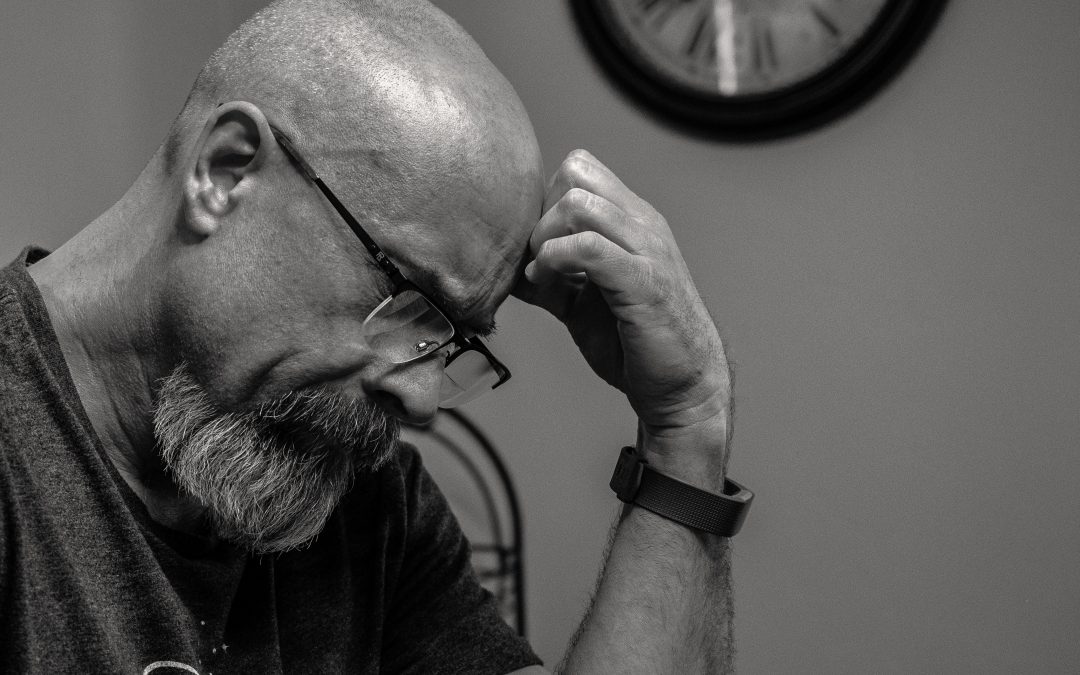The shift from telling to asking requires new thinking
The most outstanding feature of the coach approach is that it relies on listening and asking skills to pull out decisions and solutions from the client vs the coach telling or providing solutions for the client. This shift from telling to asking requires new thinking on the part of the coach. Most of us have been raised in a culture of telling, advising, directing and commanding. It is the predominate mode of communication in our culture. Teachers lecture, preachers preach, bosses command and direct, athletic coaches direct and tell, parents lay the law down, and consultants give advice. Underneath the telling approach lies a basic belief system about people and how they learn and change. For sure, there are appropriate situations for telling and advising. But, overall, the telling approach is the least effective way of bringing about real learning and lasting change. Information alone does not produce transformation.
What new thinking is required?
So just what are those beliefs that underlie a coach approach? What new thinking is required to shift from a telling paradigm to a coaching paradigm in helping others? In their book, Faith Coaching, Chad Hall, Bill Cooper, and Kathryn McElveen, present a chart of 8 shifts in beliefs we need to make to effectively embrace a coach approach in helping others. I have listed them below. On the top are a set of basic beliefs that tend to fuel the telling/advising approach. Right underneath is a different belief which represent the coach approach. The shift from From to To is what is needed in someone’s belief system for embracing a coach approach. This list of beliefs is not exhaustive but certainly gives a good place from which to begin.
8 Shifts in Beliefs
From
I understand things better than the other person
To
I have some information and the other person has other information
From
My goal is to get the other person to think the way I think
To
My goal is to understand and help the other person clarify
From
People without Christ are wrong
To
People without Christ are valuable, like a precious son, sheep, coin
From
Conversations must end with all or nothing
To
Change is a conceptual process that unfolds over an undefined amount of time
From
To be helpful, I must maintain control or else disengage the conversation
To
To be helpful, I must engage without being in control
From
I must maintain a mindset of evaluation and serve as critic to what the person says
To
I must maintain a mindset of curiosity and openness to what the other person says
From
Disagreements are bad
To
Disagreements can be very good
From
People change when they get the right information
To
People grow when they recognize truth more clearly and are motivated to change
Beliefs form mindsets which determine our behavior
As you read down through these beliefs which ones did you find yourself agreeing with? Beliefs form mindsets which then determine our behavior. We all operate from a set of beliefs which are held, not just intellectually, but more at the very core of our being. It is these beliefs that drive our behavior – even our behavior as it pertains to helping another human being. To make the shift from telling, advising, and directing to listening, asking great questions and drawing out requires a certain set of beliefs about ourselves, others, and how people grow and change most effectively. Without those beliefs at the core of who we are we will most assuredly fall back to the default mode of trying to fix people with our expert telling and advising.
What shifts in beliefs do you need to make to help you move from telling to a coach approach?

